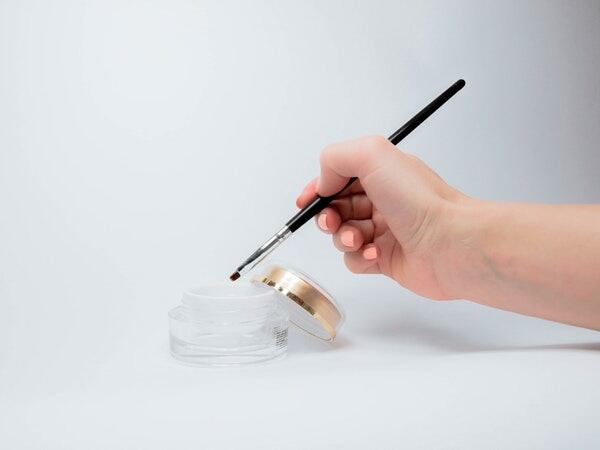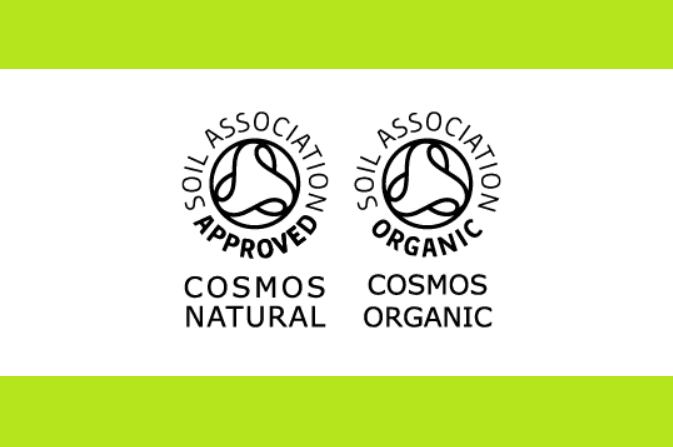Packaging, labels and claims traditionally centred around providing ingredient information, ethical statements and formulation techniques.
‘Green’, ‘pure’, ‘clean’, ‘natural’, ‘organic’ and ‘vegan’ are all terms that indicate various ingredients have been omitted from manufacturing and, instead, replaced with ‘healthier’ and ‘safer’ alternatives.
Consumer attitudes
In terms of consumer perceptions, a strong correlation exists between natural goods and their capabilities. Buyers associate applying natural products and brand engagement with attaining positive health and wellbeing. Cosmetics and personal care shoppers perceive this behaviour as demonstrative of taking control and adopting a proactive and responsible attitude to safe product use.
However, there is concern in the personal care industry that ‘free from’ claims are achieving the very opposite of safeguarding and promoting certainty in product choices, and are instead, providing misinformation on safety that creates fear.
The frequency and diversity of claims have evolved to become “negative ‘free from’ claims that are creating misplaced fear”, Belinda Carli, Director, Institute of Personal Care Science, emphasised.
Parabens and sulphates are two of the most common free from claims placed on packaging, and so consequently, there is a considerable amount of fear and reluctance to explore or purchase any products associated with, or that reference these terms.
Fear remains “undoubtedly the biggest motivator”, and these shock and fear-inducing tactics are making their way into marketing messages Hope, on the other hand, which is associated with the idea that product claims should promise and also deliver, often fail to reach the level of efficacy required.
Changing the story
Multinational companies are feeling the effects of the presumptions and fears relating to synthetic materials and chemicals. Exploring how petrochemicals can emerge in today’s cosmetics sphere, JaeHong Jeong, Manager of Korean developer Michang, explained how the company is trying to forge a cosmetics brand identity through communicating the safety of oil for use in personal care products.
Global conglomerates with substantial budgets, multiple communication channels and strong social media support have a powerful position in the industry. With this level of recognition comes the potential to alter the safety narrative surrounding free from claims.
Competing in this environment is currently an uphill battle for those companies creating positive, realistic and non-sensationalist claims relating to the contents of products.
Chemists and scientists are also core advocates for change in the cosmetics and personal care industry to remove this fear and replace it with factual, regulatory and scientific information.
Hair, nails and cosmeceuticals
In the hair care sector, silicone-free concepts and formulations that are absent of specific ingredients relating to consumer sensitivity or health problems are gaining a following.
Brands are carving out identities by raising awareness of the variations between the quality, treatment and appearance of natural and chemically-processed hair.
Nicole Fall, Founder of Asian Consumer Intelligence reports that consumer demand for these silicone-free and paraben-free hair care products began in Japan. The emergence and rise of the naturals trend led Japanese hair care manufacturers to include ‘free-from’ claims on their product packaging. This then expanded throughout Asia, before appearing as a trend in both Europe and the US.
Nail producers are also developing innovations and new products that centre around free-from formulations.
Charlotte Libby, Global Colour Cosmetics and Fragrance at Mintel highlighted how water-based polishes and the inclusion of healthy ingredients such as kale are emerging to leverage the prominent and fashionable nail care trend.
China is leading the expansion of the cosmeceuticals industry. This hybrid between cosmetics and medicine is known for its focus on active ingredient content and high levels of efficacy.
Jessica Jin, Associate Beauty Director at Mintel emphasises that cosmeceuticals are not clinically tested and are not labelled as cosmeceuticals as it is an unregulated area. Despite the lack of regulatory assurance associated with this growing segment, consumers are opting for cosmeceutical products over skin care items as they contain fewer ingredients and are free from pigments, preservatives and fragrances.
Is the natural trend to blame?
As the natural trend grows in popularity, the relationship between free from claims and the perceived affinity between safety, health, trust, confidence and wellbeing stretches across all cosmetics spheres.
Contrary to warning consumers off of buying natural products, the scientific community believes consumers should be able to purchase natural if they genuinely want natural items; but not just because they have been scared off of buying synthetic materials.
Re-education through consumer-friendly sites is vital to overcome consumer confusion and present an authentic picture of the safety of cosmetics.



